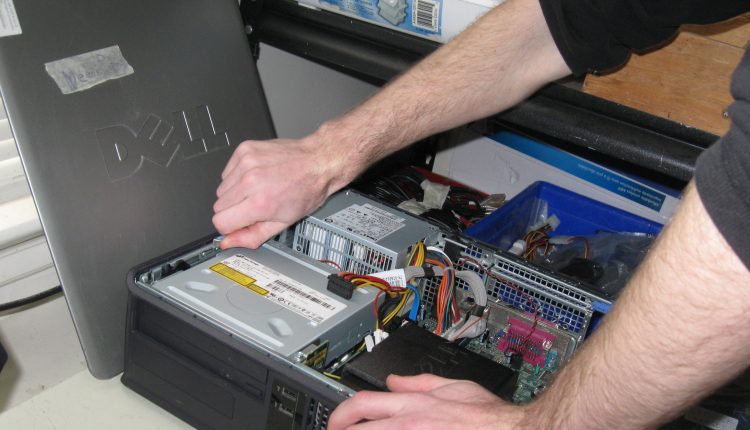Consumer electronics have become a fundamental component of daily life and have radically changed the way individuals communicate, acquire information and seek entertainment. Between computers, e-readers, televisions, iPads and cell phones, it is believed that the average U.S citizen uses 24 electronic appliances on average. Rapid advancements in technology and the unprecedented expansion of the electronics industry have resulted in a constant flow of new products and a consequent decrease in the average life span of electronics. More than seventy million tons of electronic waste were generated in the year 2014 and this figure is expected to grow annually.
Electronic waste contains unique and at times precious metals such as silver, platinum, gold and palladium and possibly toxic elements such as mercury, beryllium, cadmium and lead. As a result, appropriate end of life management for electronic waste is crucial for the recovery of these valuable components. It is also needed for the proper management of toxic and hazardous compounds. End of life management procedures for electronic waste include:
- The re-use of functional electronic appliances,
- Repair and refurbishment of electronics, recycling,
- Recovery of electronic components and disposal.
The refurbishment, repair or reuse of electronic products is preferred because it increases the lifespan of the electronic product and ensures greater resource efficiency. Though less desirable, recycling allows for the extraction of special metals and precious minerals. This reduces the environmental impact associated with manufacture from raw materials and also ensures that toxic and hazardous substances are dealt with appropriately.
State legislation
In response to the growing problems posed by e-waste, the state of Illinois passed legislation in the year 2011 which made it illegal for individuals to dispose of electronic waste the same way as regular trash. Unwanted electronics such as monitors computers, scanners, fax machines and electronic keyboards must be disposed of at a registered recycler for proper management. The law also makes it illegal for landfills in this state to accept electronic waste. TheIllinois electronic products reuse and recycling act which was effected in 2008 requires manufacturers that operate within the state to run recycling programmes for unwanted and discarded products. In 2011, the regulations for manufacturers were updated and they are now required to gather and recycle at least 28 million pounds of e-waste.
Chicago Computer Recycling service providers are also subject to this legislation. Data shredding and recycling companies must prove that they are able to properly recycle electronic waste such as circuit boards, CRT monitors and optical drives before being given operating licences.
The Illinois Electronic Products Recycling and Reuse Act law requires the manufacturers of specific products such as computers, printers, monitors, keyboards and DVRs to process their fair share of the state recycling objectives. Manufacturers commonly employ local recyclers to help them achieve their objectives.
The Chicago electronics recycling and shredding company stands out as one of the best private recycling services in Chicago. The company is unique because it offers recycling services free of charge to about 95percent of all companies. Chicago Computer Recycling service Providers Company’s teams carefully ensure that all sensitive information on electronic devices such as hard drives is destroyed before the discarded electronics are sent for recycling.

